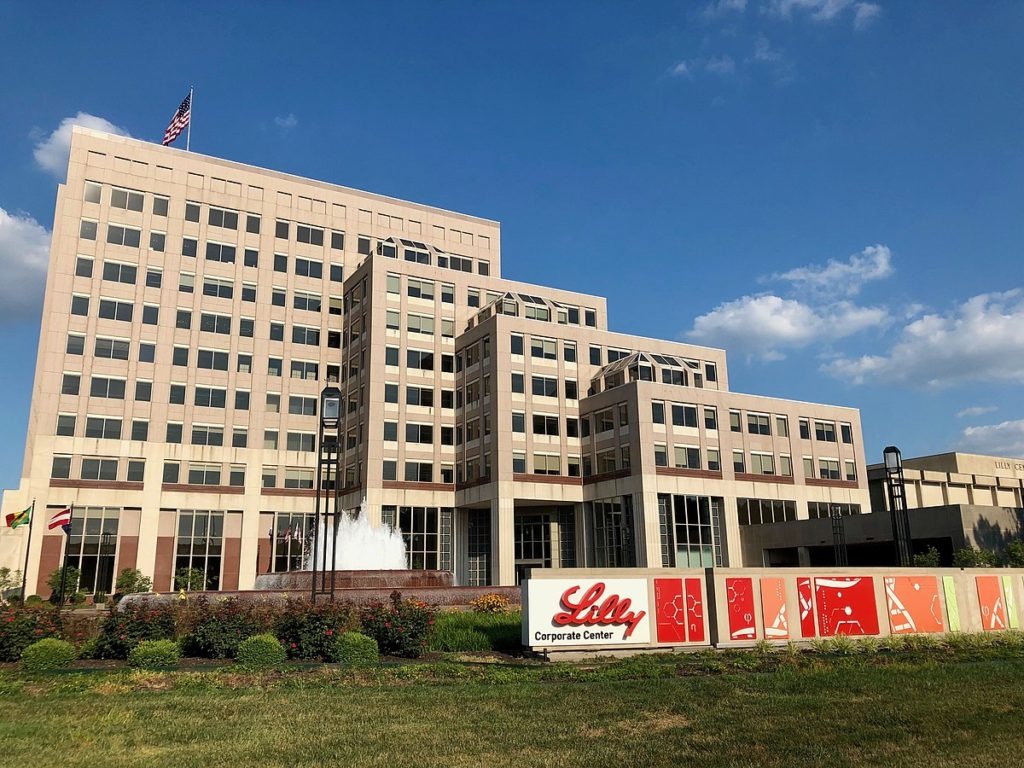Eli Lilly and Company (Lilly) has started clinical testing of its oral JAK1/JAK2 inhibitor OLUMIANT (baricitinib) and investigational candidate LY3127804 in separate COVID-19 trials.

Lilly begins clinical testing of baricitinib and LY3127804 in coronavirus patients. (Credit: Momoneymoproblemz)
Subscribe to our email newsletter
The pharma company has signed an agreement with the US National Institute of Allergy and Infectious Diseases (NIAID) to investigate baricitinib as an arm in the latter’s Adaptive COVID-19 Treatment Trial.
The trial will study the efficacy and safety of the JAK1/JAK2 inhibitor as a potential treatment for COVID-19 patients in hospitals, starting this month in the US. The study is likely to be carried out in additional sites across Asia and Europe with results anticipated to be out in the next two months.
Baricitinib has approval for the treatment of moderately to severely active rheumatoid arthritis in adults in more than 65 countries.
According to Lilly, based on the inflammatory cascade observed in COVID-19, baricitinib’s anti-inflammatory activity has been hypothesised to have a potential beneficial effect in the treatment of the viral infection, thereby warranting further study in patients affected by it.
Apart from joining the NIAID trial, Lilly has gone ahead with the phase 2 investigation of LY3127804 in pneumonia patients hospitalised with coronavirus who have a high risk of progressing to acute respiratory distress syndrome (ARDS).
LY3127804 is a selective monoclonal antibody against Angiopoietin 2 (Ang2), which is known to be elevated in patients with ARDS. Lilly will evaluate if inhibiting the effects of Ang2 with a monoclonal antibody can bring down the progression to ARDS or the necessity for mechanical ventilation in COVID-19 patients.
Lilly chief scientific officer and Lilly Research Laboratories president Daniel Skovronsky said: “Lilly is moving at top speed and using all available resources to help fight this pandemic.
“Developing potential therapeutic medicines for COVID-19 is part of our vital and humanitarian mission. To be successful, we must combine resources, data and expertise, with government, academia and other companies.”
 Advertise With UsAdvertise on our extensive network of industry websites and newsletters.
Advertise With UsAdvertise on our extensive network of industry websites and newsletters.
 Get the PBR newsletterSign up to our free email to get all the latest PBR
news.
Get the PBR newsletterSign up to our free email to get all the latest PBR
news.

